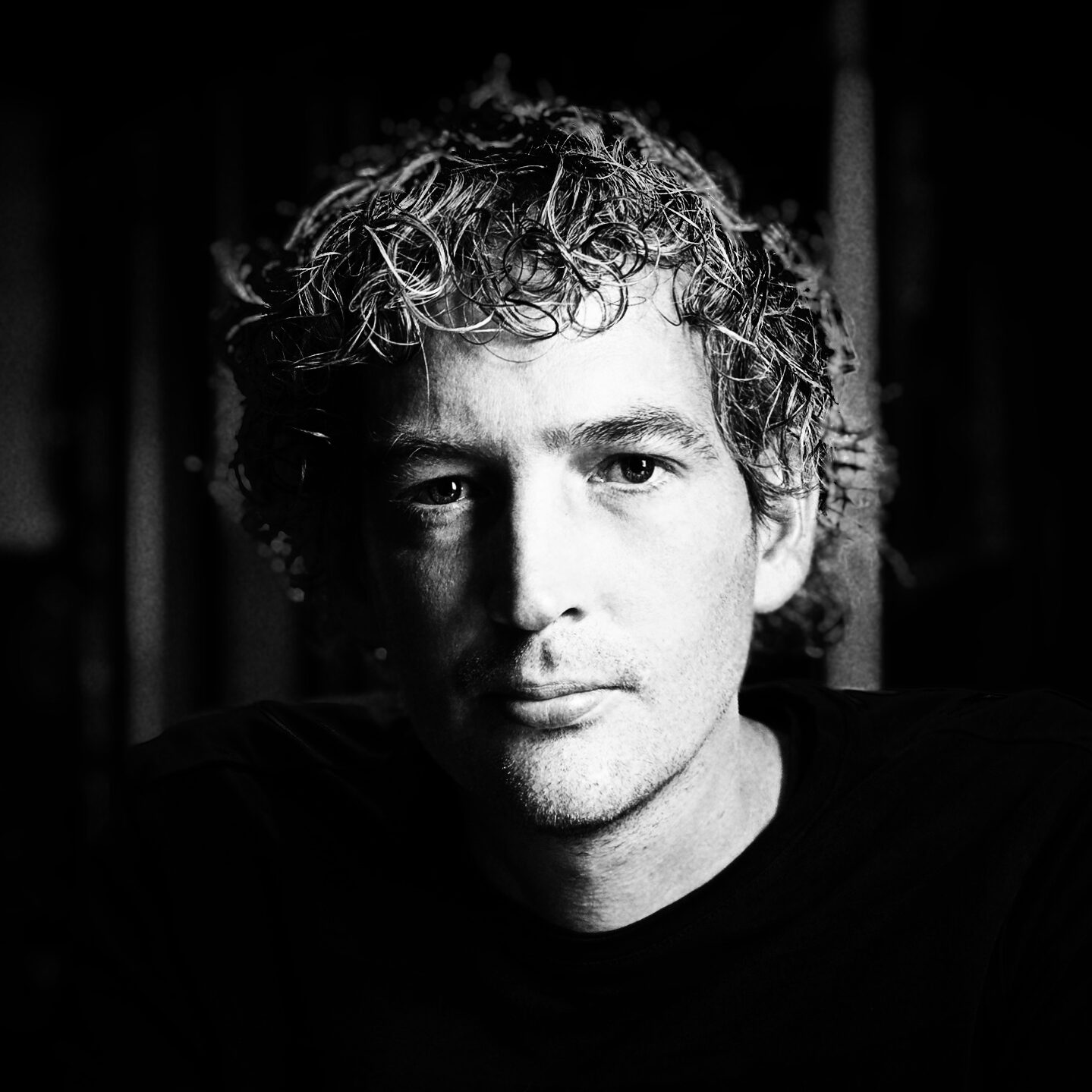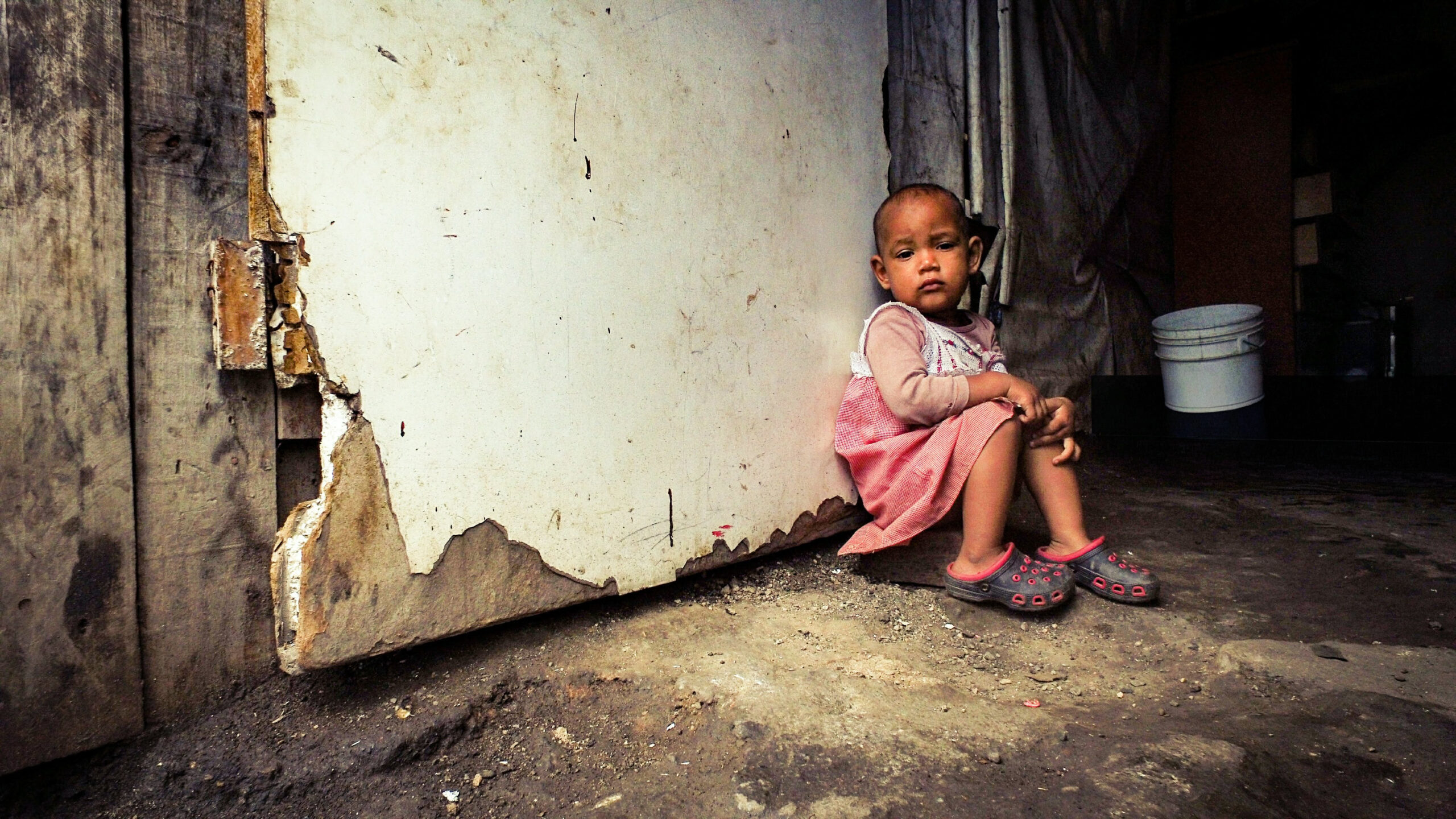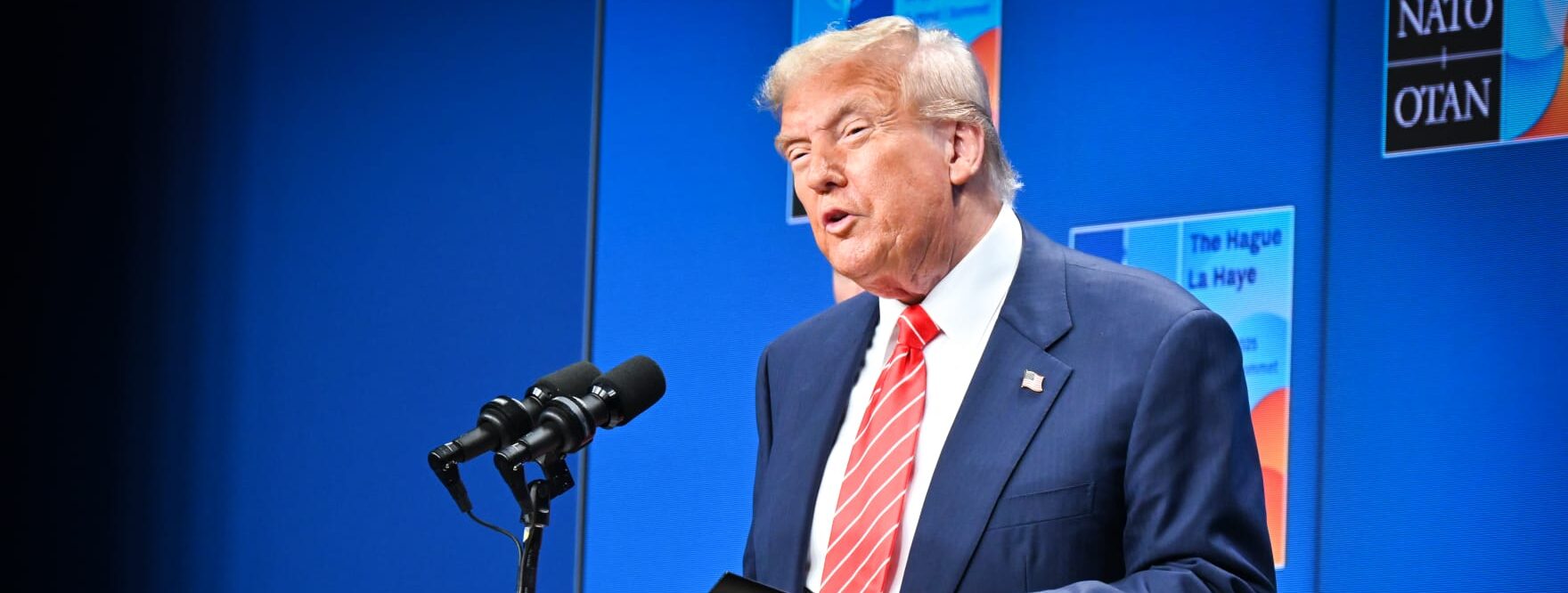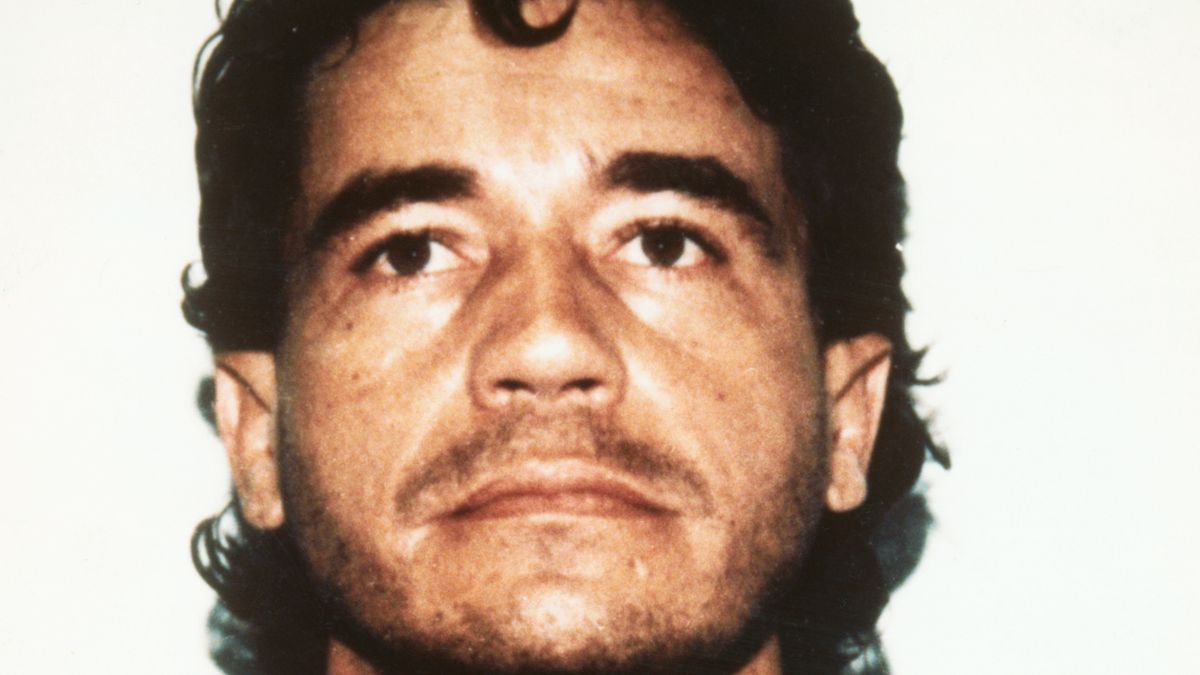Tomorrow the opposition in Venezuela has announced a large demonstration in Caracas. It is demanding a referendum to depose current President Maduro. As the opposition prepares for the demonstration, Maduro is bracing himself. Military checkpoints are being thrown up, "phone jammers" can be found throughout the city, activists are being arrested, and on state television the president's supporters are calling for the streets to be defended. My sources expect a battlefield.
Ok, 100% pay raise
Venezuela is in a political and economic crisis. As inflation mounts, supermarket shelves are emptying. Food is scarce and hospitals are being closed due to a shortage of medical supplies. In vain, President Maduro is trying to control the situation with emergency solutions. For example, starting tomorrow, the minimum wage has been raised by 100%, and supermarkets in outlying areas are being spontaneously given one-time supplies in the run-up to the demonstrations. According to Dutch entrepreneur Frank, who lives in Venezuela, it doesn't help anything. 'I pay my people well, but the extreme increases in prices mean they can just buy a pack of sugar at the end of the day, if there is any sugar in stock.' Frank watches tomorrow's mass demonstration with concern. 'If it doesn't get out of hand tomorrow, it will happen three days later when the food really runs out. People are already dying needlessly from the food shortage.'
State TV on overtime
State TV is working overtime with reruns. Maduro is calling tomorrow's protest an attempted coup with US help. During a broadcast last week, he already reported taking tougher action than Erdogan, should that happen. In between, tens of thousands of people have been marching for days to get to Caracas on foot from all over the country. A protest march symbolically led by a priest, Lenin Bastidas. He arrived in Caracas after his eight-day, 400km walk. The priest, who first intended to go on hunger strike, later decided to come to Caracas on foot. Gradually, he won the hearts of thousands of Venezuelans who began to follow his example.
Vote for referendum means resignation
Last December, the opposition won parliamentary elections in Venezuela. After winning, one of the goals was to hold a referendum to depose the increasingly unpopular President Maduro. While the opposition followed all legal steps to bring about a referendum, they were not made easy. Government employees who voted in favor of a referendum were fired, initiators of the referendum were arrested and the CNE, Venezuela's electoral office, tightened the rules with impossible demands during the process. For example, the office indicated that any referendum could not take place until next year. This would mean that if Maduro is removed from office, he would be replaced by the vice president instead of new elections. Thus, power would remain in the hands of the same party. With tomorrow's demonstration, the opposition is still trying to bring about a referendum.
Checkpoints
In recent days, tensions have risen considerably in Venezuela. People are being stopped from driving to Caracas by additional set up military checkpoints, belongings are being confiscated, foreign journalists are not allowed to enter the country, collectivos (government-armed gangs) have been called in, and supporters of the government have been called to defend the streets.
Fort Caracas
Frank has long been concerned about developments in the country he came to live in more than 20 years ago. 'But now things are really going wrong Michel. There is nothing left at all and the government no longer functions. While dirt is piling up on the sides of the road, soldiers are taking over the streets. And as sandbags pile up at temporary military posts meant to guard the tunnel entrances to Caracas, Fort Caracas is filling up with opponents. One thing is certain. Tomorrow Venezuelans face an exciting day.'
From a distance, I will be monitoring the situation tomorrow with my contacts on the street. Follow me on Twitter for the latest updates




